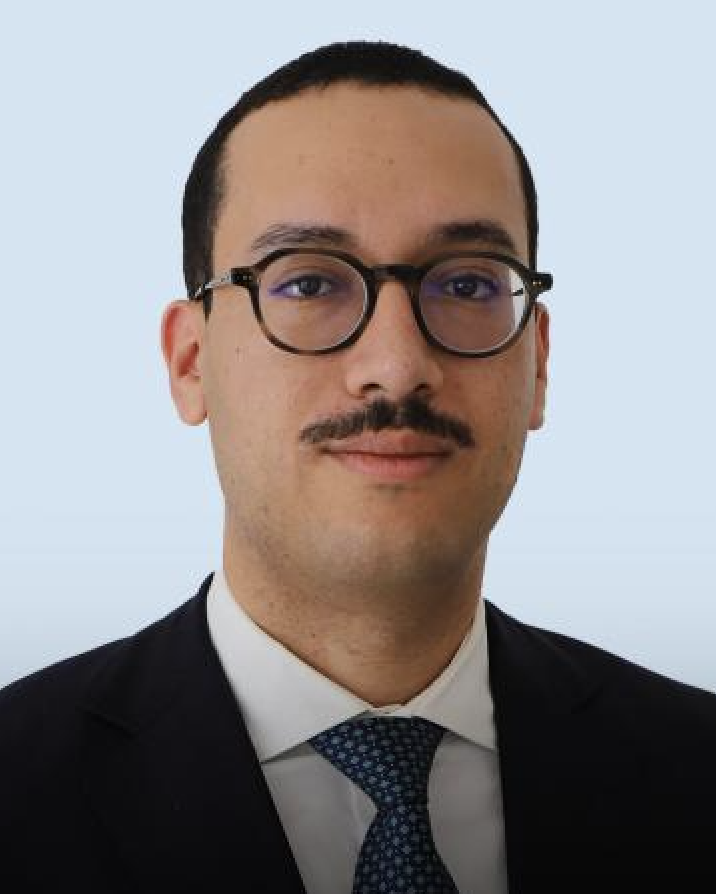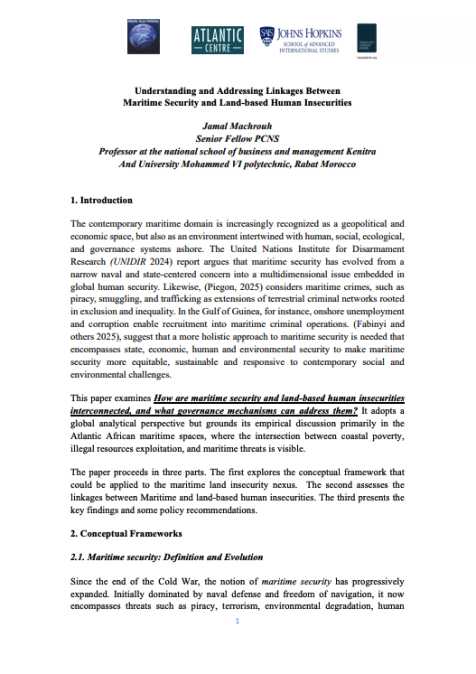يخصص مركز السياسات من أجل الجنوب الجديد حلقة برنامجه الأسبوعي "حديث الثلاثاء" لمناقشة آفاق التعاون بين كوريا الجنوبية و إفريقيا مع المصطفى الرزرازي، الباحث البارز بمركز السياسات من أجل الجنوب الجديد.
شهدت العلاقات الكورية الإفريقية إنطلاقاً من العقد الأول من الألفية تطوراً ملحوظاً اتسم بإرتفاع مهم في مستوى المبادلات التجارية بين الجانبين و تكثيف وتيرة المشاورات السياسية بالإضافة إلى توقيع عديد من الاتفاقيات في مختلف المجالات السياسية و الاقتصادية و الثقافية . و هي الديناميكية التي تجلت على سبيل المثال في تنظيم كوريا الجنوبية سنة 2022 لأشغال القمة الأفريقية الكورية الخامسة بحضور و مشاركة عدد من وزراء الخارجية الأفارقة و ممثلين عن الجماعات الاقتصادية الإقليمية.
و سنعود من خلال هذه الحلقة إلى أبرز محطات و عوامل تطور العلاقات الكورية الافريقية علاوةً عن أهم نتائج المنتدى كإطار تشاور مرجعي بين الجانبين و الأفاق المستقبلية لهذه العلاقات في ظل التوجه الرامي إلى تنويع الشركاء الخارجين من قبل الإتحاد الافريقي.








